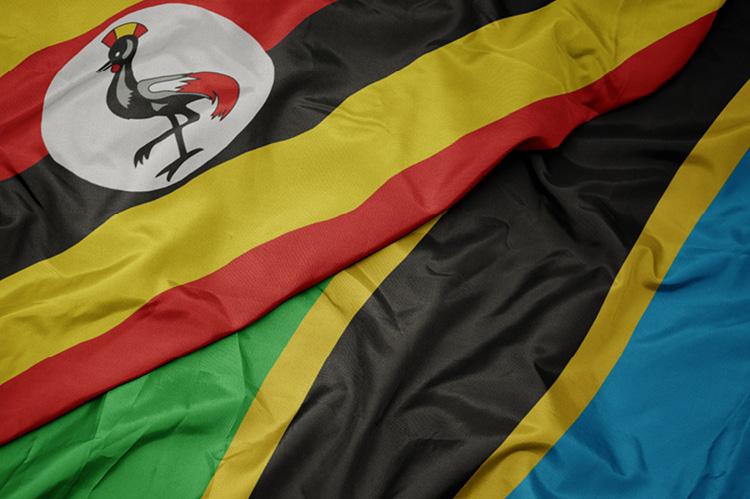EACOP to Close Oil Pipeline Project Financing by Year-end

The East African Crude Oil Pipeline (EACOP) has announced that it plans to secure debt financing by the year's end to construct its 1,443-kilometer oil pipeline, Monitor reported on Wednesday, March 29, 2023.
According to Mr. John-Bosco Habumugisha, the EACOP deputy managing director, the government has made good progress in scouting for 60 percent of the capital requirements in the international financial markets to help realize East Africa's largest pipeline project.
Uganda and Tanzania finalized crude oil pipeline terms in November 2022, marking a major milestone in the project's development after the project received the support of a Chinese firm amid fierce opposition from the EU Parliament.
The estimated cost for the EACOP project ranges between $3.5 billion and $4 billion, with a 40 to 60 percent equity-to-debt ratio. About $2.4 billion will be secured as debt, while $1.6 billion will be equity financed by shareholders.
The shareholders include Total Energies at 62 percent, Uganda National Oil Company (UNOC) at 15 percent, Tanzania Petroleum Development Corporation (TPDC) at 15 percent, and China National Offshore Oil Corporation (CNOOC) at 8 percent.
Mr. Habumugisha, who led an EACOP delegation to receive an investment license for pipeline activities, received the license from the UIA director general, Mr. Robert Mukiza. UIA is mandated to issue Investment Licenses to domestic and foreign companies in line with the Investment Code Act 2019.
The license includes conditions such as maintaining proper financial and accounting records, respecting conditions in the approved Environmental and Social Impact Assessment certificates, ensuring a gender-sensitive working environment, and respecting and protecting human rights.
"The investment license speaks to the investors we are looking for at a global level for the financing of the project," said Mr. Habumugisha, noting that it adds to other initiatives such as environmental and social impact assessment under the International Finance Corporation standards, which have been done to satisfy lenders.
In September last year, Saudi's Islamic Development Bank announced financing of $100 million (Shs377 billion), which was part of the Islamic tranche for energy projects.
The bank said the financing was to enable Uganda, a landlocked country, to tap into its oil reserves and emerge as a regional producer with export capacity to international markets.
However, the EACOP financing has faced drawbacks with criticism from a section of non-governmental organizations (NGOs), including civil suits, which have advocated for a cutback on its financing over climate concerns.
NGOs under the #StopEACOP Movement, composed of local and European climate justice activists, have previously demanded that international financial institutions publicly pledge not to provide the 60 percent debt financing towards the oil pipeline due to renewed efforts to transition from fossil fuels to green energy options.
In December last year, HSBC Bank, one of the largest oil financiers, announced that it would no longer provide new lending or capital markets finance for projects around new oil and gas fields and related infrastructure when the primary use is in conjunction with new fields.
HSBC Bank, in a statement, quoted the Net Zero report, which states that an orderly transition requires continued financing and investment in existing oil and gas fields to maintain the necessary output – with 2020 financing levels maintained through 2030 and later declining to half.
